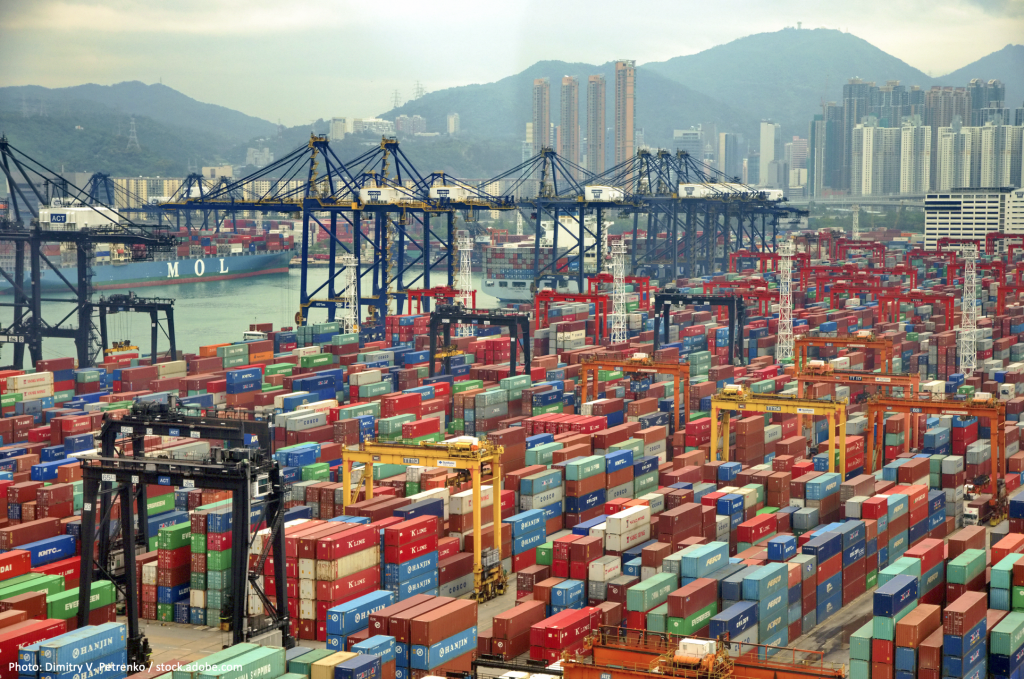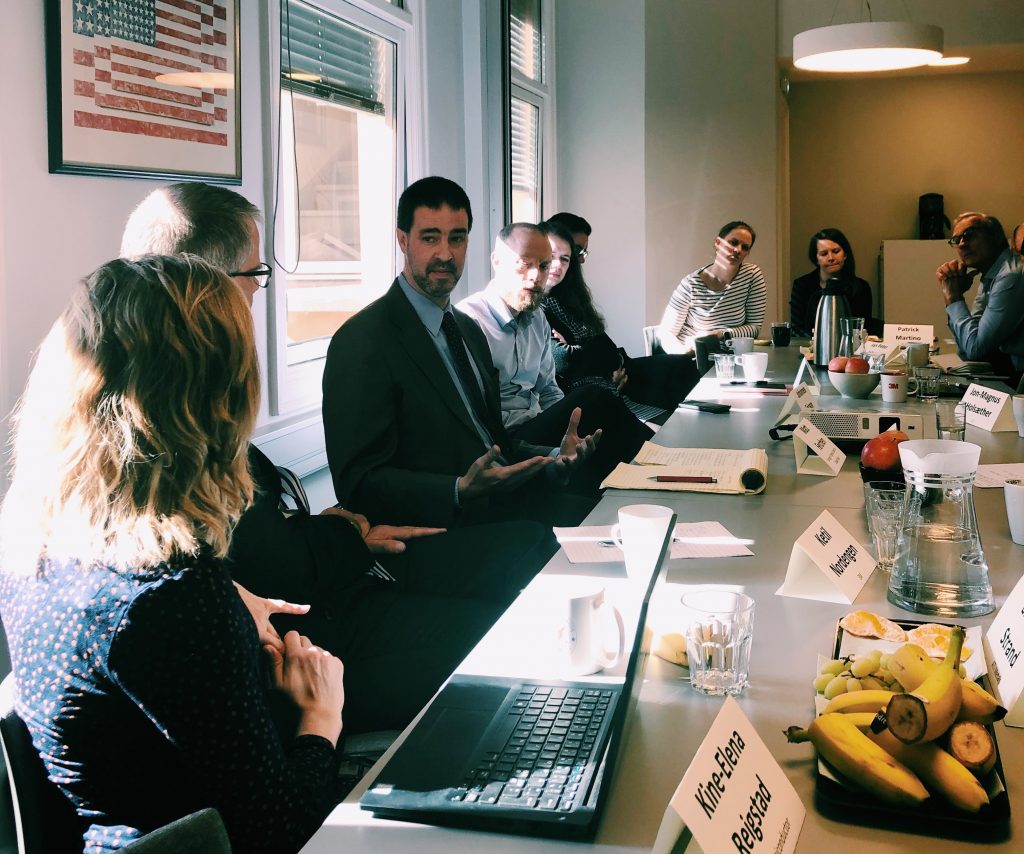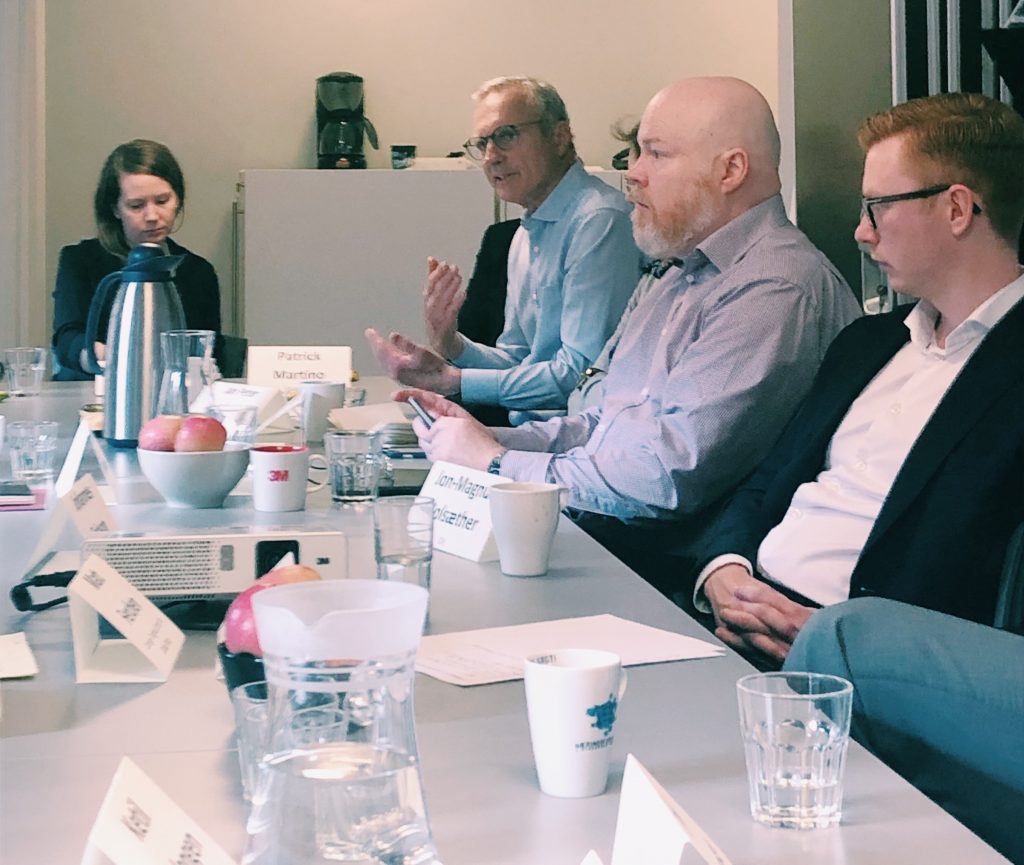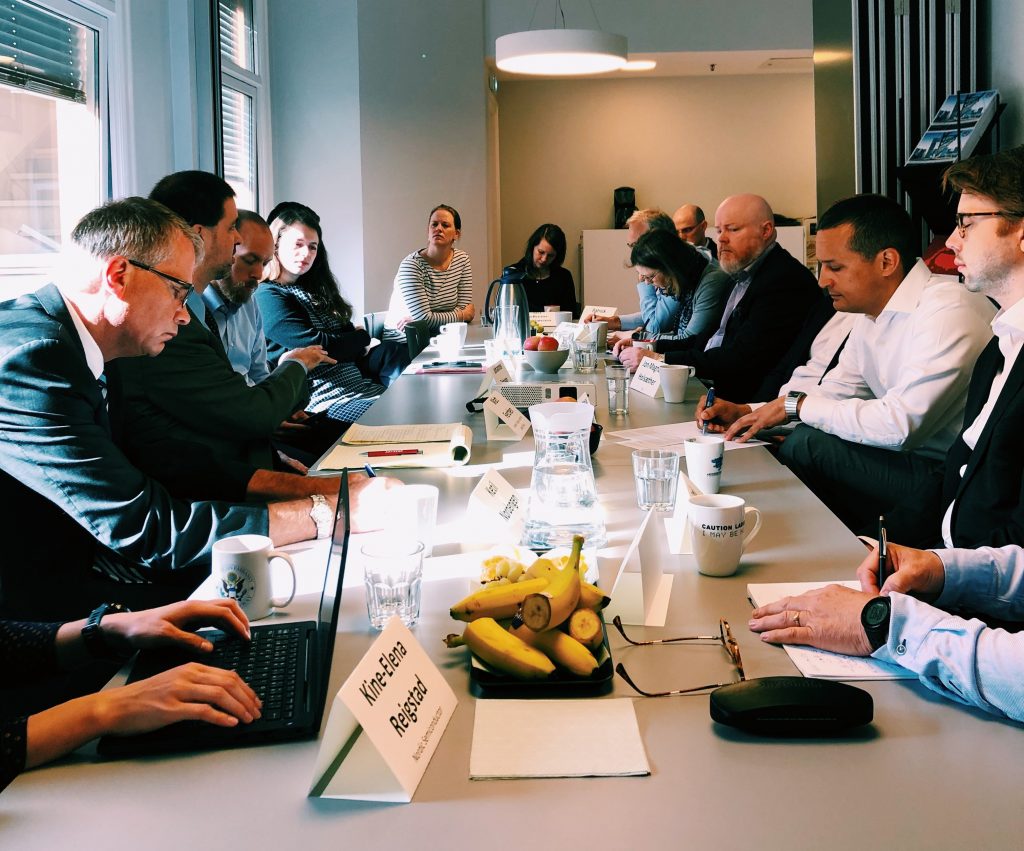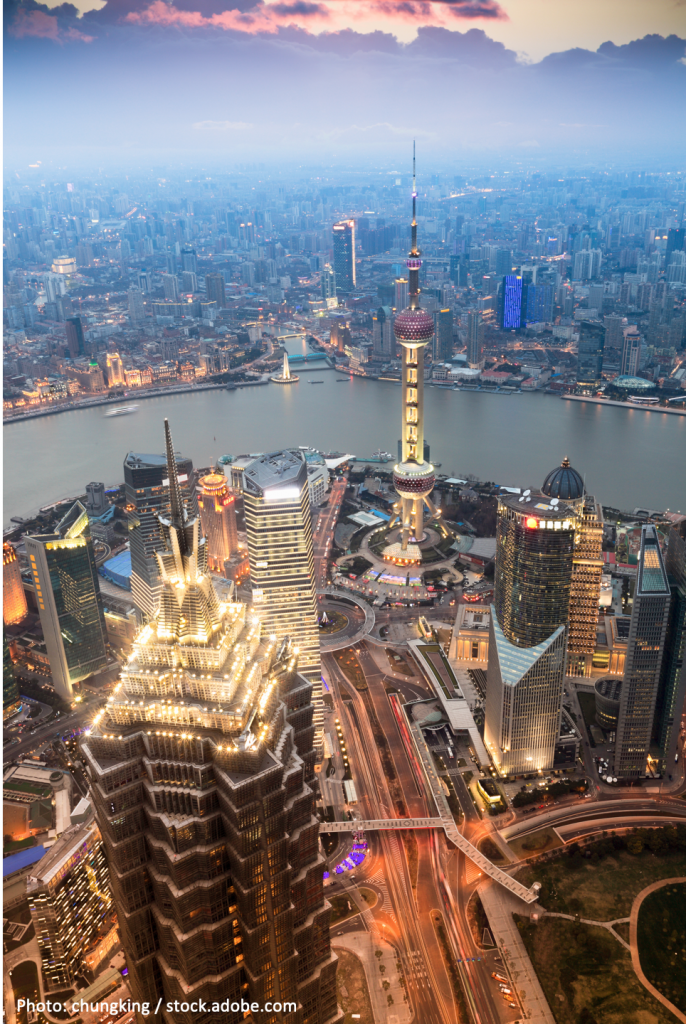Speaker Profile
Matt Ferchen – Carnegie-Tsinghua Center for Global Policy
Matt Ferchen is a nonresident scholar at the Carnegie–Tsinghua Center for Global Policy, where he runs the China and the Developing World Program. There his previous research and writing have focused on the political economy of the “China model” of development, as well as China’s relations with Latin America. Building on this background, his current projects examine how China is managing political risk in its ties to fragile states, and on the nexus of development and security in China’s foreign policy.
Ferchen is part of the Public Intellectual Program sponsored by the National Committee on United States-China Relations. His work has appeared in numerous media publications such as Foreign Affairs, Caijing, the Diplomat, EL PAÍS, and Phoenix Weekly, as well as in academic publications such as the Review of International Political Economy and the Chinese Journal of International Politics.


